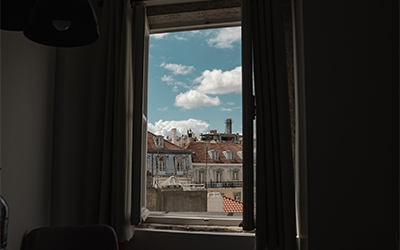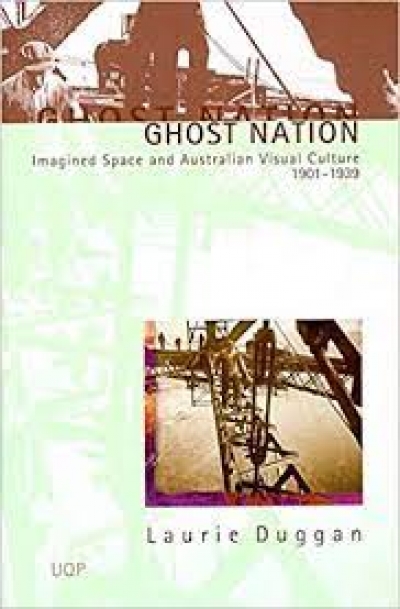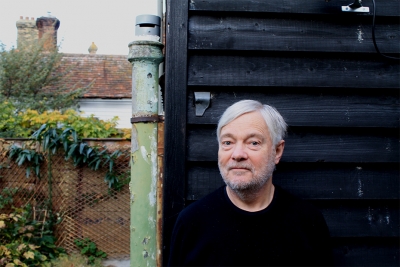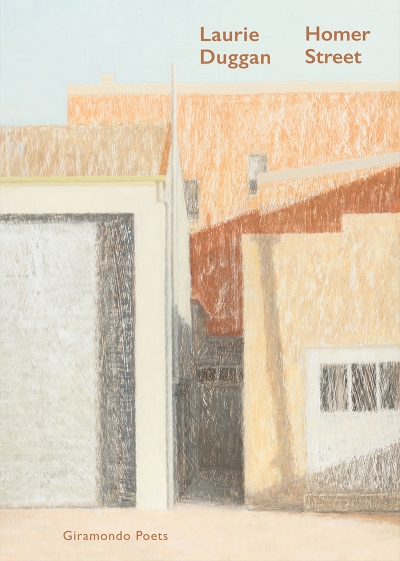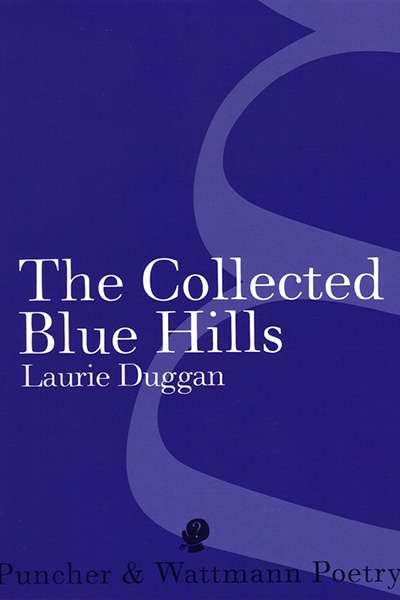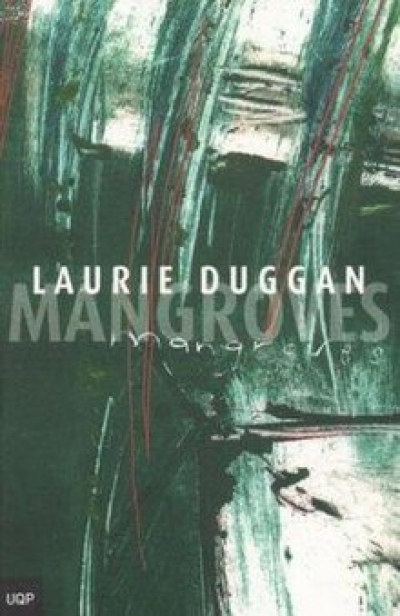Laurie Duggan
a poem is a house into which / words are inserted // permeable, vapour or rain / altering the light outside ...
... (read more)Ghost Nation: Imagined Space and Australian Visual Culture 1901–1939 by Laurie Duggan
I’ve been fortunate enough to talk to a number of older poets, many of whom are no longer with us. I count myself fortunate to have met poets such as Carl Rakosi, Gael Turnbull, Ed Dorn, Jonathan Williams, Lee Harwood, and Tom Raworth. If I could use a time machine, I’d like to talk to William Carlos Williams, especially about the radical work he produced in the 1920s.
... (read more)1
Camperdown’s for dogs,
Friday evening in the park off Church Street
a barefoot man
carries a plank:
When I started publishing my poems back in the early 1970s, I did so amidst a concern that Australian poetry was being Americanised: Coca-Cola, the pizza parlour, and the rock and rollers’ preoccupation with that thing called ‘lurve’ had swept all that was pure and true into the trashcan of history, and we with our Olsons, O’Haras, and Berrigans were unwitting accomplices to this annulling of our own birthright. My defence at the time would have been, ‘well, we’re taking aboard all that’s repulsive in American culture: their military and economic theses, their particular variety of consumerism, and no-one is protesting much about this – so why do they get so upset when we pick up on something of value from that culture?’ American artists themselves had absorbed things from other cultures without anyone there worrying about it. A great deal of the motivation behind the ‘New York School’ came from the French surrealists, though in translation surrealism had its more harebrained ideological aspects removed painlessly. In fact this ‘translation’ was a model of cultural appropriation, showing what a sea-change (and a change of tongue) can do to some seemingly immutable items.
... (read more)A few years ago I found myself grouped with some other poets and given a label: ‘Generation of ‘68’. Like most tags it became after a while more a source of irritation than anything else. The description had been given by John Tranter to the inmates of his 1979 anthology, The New Australian Poetry, but before long had become a term of collective abuse as such labels tend to. One of the identified failings of this group of writers was their propensity for ‘game-playing’. So when Geoffrey Lehmann and Robert Gray included poems by one of the ‘sixty-eighters’ in their anthology, The Younger Australian Poets, they prefaced Tranter’s pieces saying they had chosen things which, unlike most of his work, were not purely ‘language-game’ poems.
... (read more)Despite the protestations of my close friends I choose to regard myself as a normal person. Only at certain times of the year do I realise how tenuous are my links with the mundane world.
One of these troublesome occasions is when I prepare my income tax form.
... (read more)
